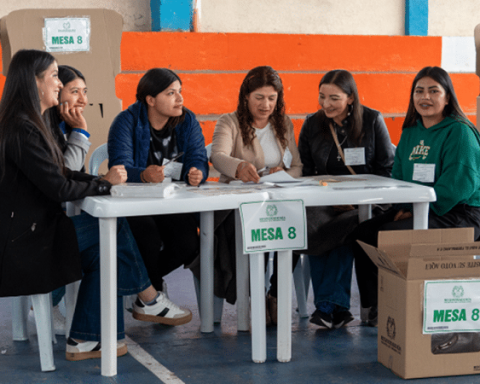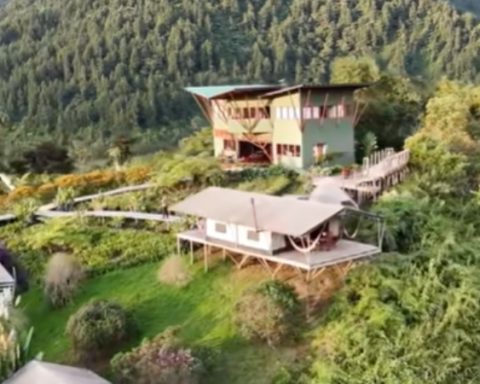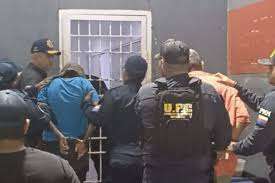The National Government has just presented its financing law to the Congress of the Republic, an initiative that aims to gather the missing resources to balance the amount of the General Budget of the Nation (PGN) for 2025.
(Read more: 2025 Budget enters a decisive week: Congress already has a date for voting)
Despite this, the PGN project for next year still faces a complex panorama in its process, Not only because the time to receive the endorsement is against himbut because the figures do not fully convince the legislature. The scenario itself has set off alarm bells that Colombia could end up entering a fiscal dictatorship.
The question is: Why? And what exactly does that term refer to?
For context, the total amount of spending estimated by the Ministry of Finance in its Budget proposal for next year is $523 billion, that is, 3.9% above the 2024 budget. However, there is an estimated deficit of $12 billion, which the Executive hopes to cover with its tax reform or financing law.
Congress has insisted that the most viable option is to cut the missing money to prevent the country from falling into a scenario of fiscal instability. In other words, It is proposed that the amount of the National Budget be set at $511 billion. Not only is this considering that the financial gap could be wider, but also that the changes proposed to fill it may not completely fill it.
(Read more: Budget by decree opens the door for Colombia to enter into fiscal dictatorship)
Cash
(See: If Congress does not approve the tax reform, the Government will cut public spending)
With growing uncertainty about what could happen to the PGN, It is not ruled out that this will end up being issued by decree by the National Government. A scenario that could materialize if the Executive and Congress do not reach a consensus and approval is received before the established times, that is, before October 20.
This is where the so-called fiscal dictatorship comes in, which is defined on the official Minhacienda website as “the event in which the Congress of the Republic does not approve the draft General Budget of the Nation, in which case the draft Budget presented by the Government would apply, including the modifications approved by the Congress of the Republic in the first debate.”
This mechanism is provided for by the Constitution as a tool to guarantee the continuity of public activity in the State’s finances in the event that the Legislature or the Government do not process it in a timely manner.
In that order of ideas, although the amount proposed by the Executive would be taken as a basis, the distribution would have as a reference documents such as the Fiscal Framework so that the established debt limits are not exceededHere, it must also be taken into account that without the $12 billion needed to balance the Budget, the amount would be close to $511 billion.
In fact, President Gustavo Petro has indicated that if the Financing Law is not approved, the Government would begin to cut public spending. “without touching the poor and social spending.”
(See: Petro Government revealed its cards with the financing law)
PORTFOLIO













